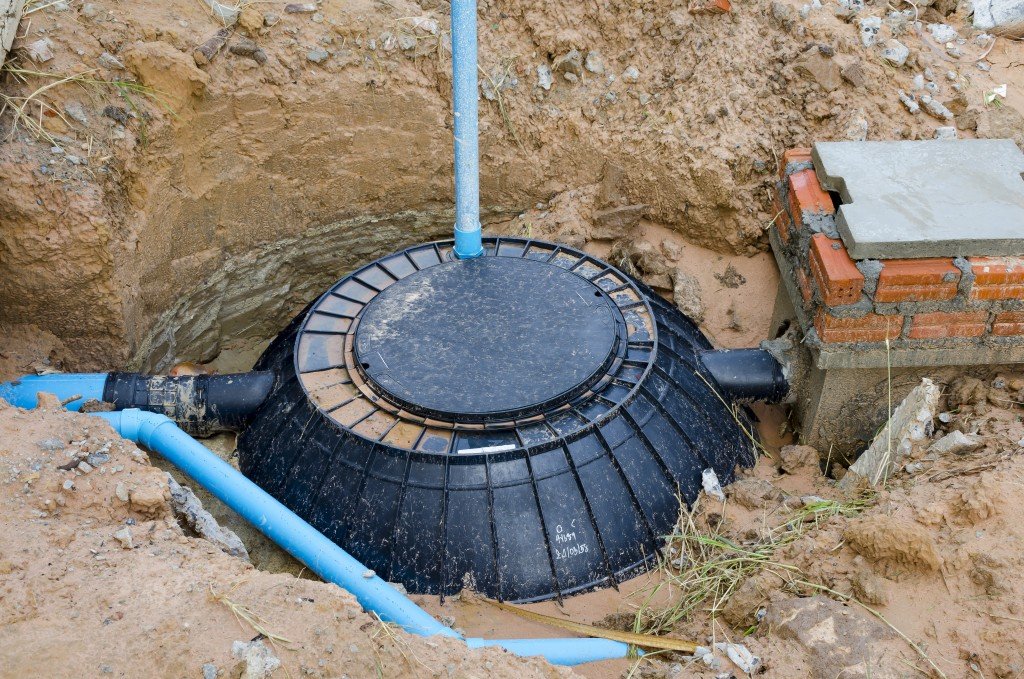If it’s your first time to contact septic tank pumping services, then you’re bound to have some questions. That’s perfectly fine; septic tank pumping is a highly specialized service that takes professionals to perform.
Before you call for septic tank pumping in Salt Lake City or wherever you are located, read on to save some time asking your contractor these six common questions about septic tank pumping.
How long will the pumping take?
It depends on the size of your septic tank. If you don’t have an idea, refer to your latest water bill and check how much water your whole household uses to gauge its capacity. If you’re an average household of four to five people, then cleaning your septic tank should only take about an hour.
Your maintenance practices can affect the duration, especially when the servicemen see the presence of waste build-up.
It won’t affect my water, right?
Usually, your septic system shouldn’t hamper your plumbing system.
However, if the tank is already spilling over, or the waste isn’t properly treated due to septic system failure, then the excess waste can seep into groundwater sources. It can affect well systems and even nearby bodies of water or municipal sources of water. If you get water from your own reservoir, then don’t delay your septic tank pump-out.
Will they damage my plumbing?
If the service you hired is expertly capable, then no, your plumbing system shouldn’t be damaged in the process. Your septic tank is buried underground parallel to sewer lines and sufficiently far from your water lines.
But that’s the tank; if it overflows or experiences clog or build-up, then muck water can still back up to a common point where it converges with your plumbing.
What am I paying for?
Apart from siphoning all the sludge from your septic tank, septic tank services also clean the septic tank by scouring the bottom of the tank, rinsing the baffle filter, and inspecting the entire contraption for necessary repairs.
You also get sound advice on what to do until your next pump-out, which is the more valuable part of the process if you regularly experience septic tank issues.
What do I do after the service?
Once the service is done, it’s up to you to uphold maintenance.
This means preventing anything that might cause waste build-up in your septic tank, such as dumping toxic or non-biodegradable wastes down your drains. You should also treat your septic system with additives that replenish the number of good bacteria responsible for breaking down solids in the tank. Ask your contractor for the recommended kind and dosage for your septic tank.
Do I need to follow the schedule?

Most pump-out services recommend siphoning your septic tank twice a year. But it’s up to several factors, including your household’s water usage, the amount of toxic waste regularly channeled to your septic system, and your maintenance standards. Your next treatment can come as soon as three months after, or it can take two years in between treatments.
Knowing when it’s time to pump your septic tank out requires keeping an eye out for the signs. Sometimes, consultations and evaluations are free, too, so if you can’t tell, just ring a certified septic tank inspector to do it for you.

